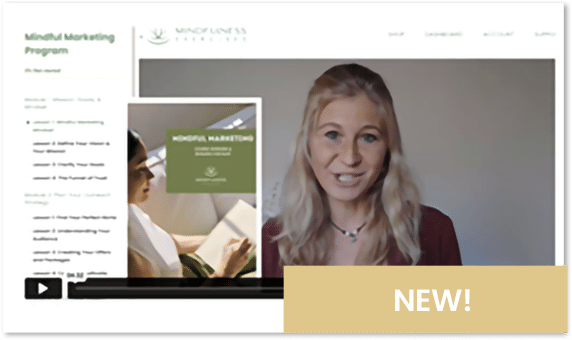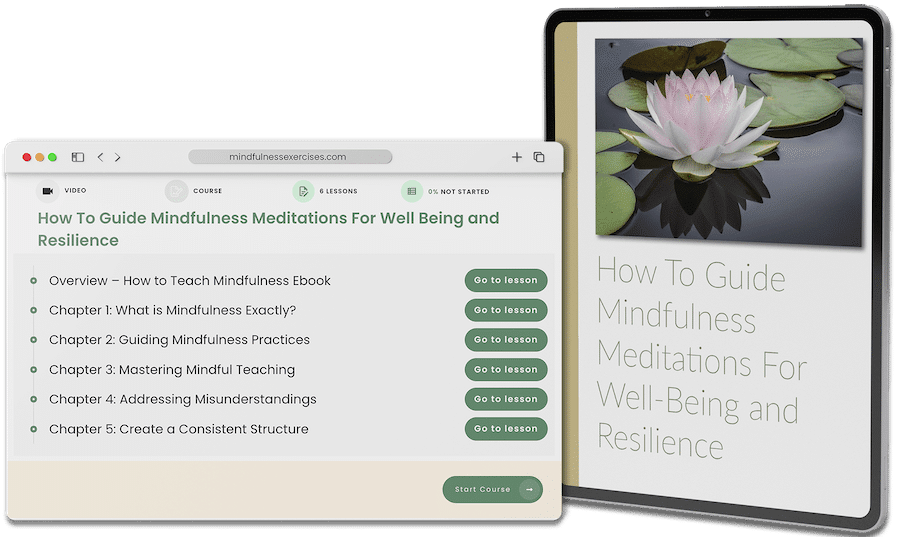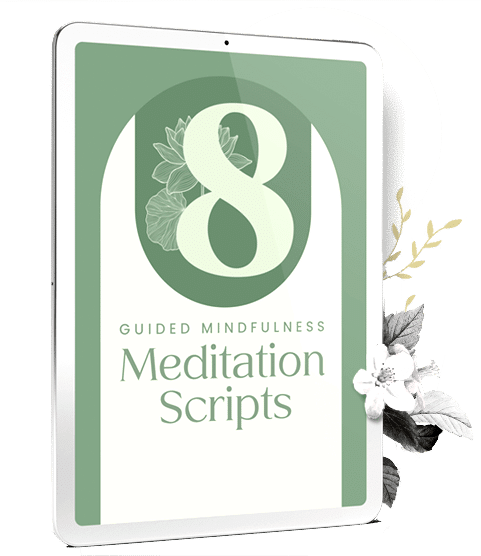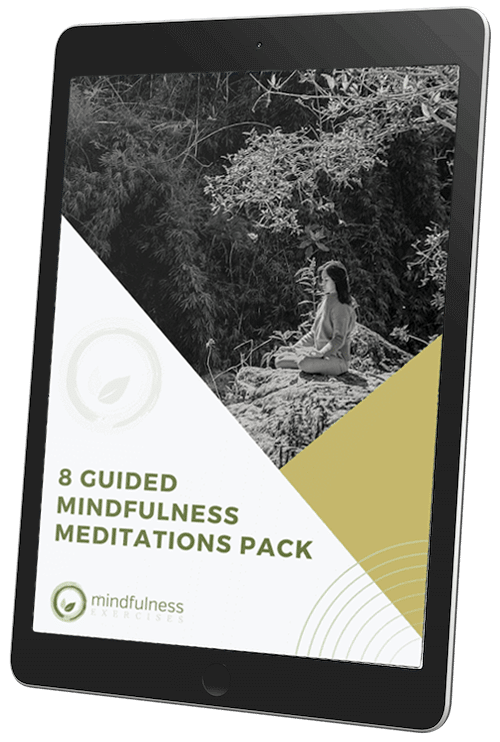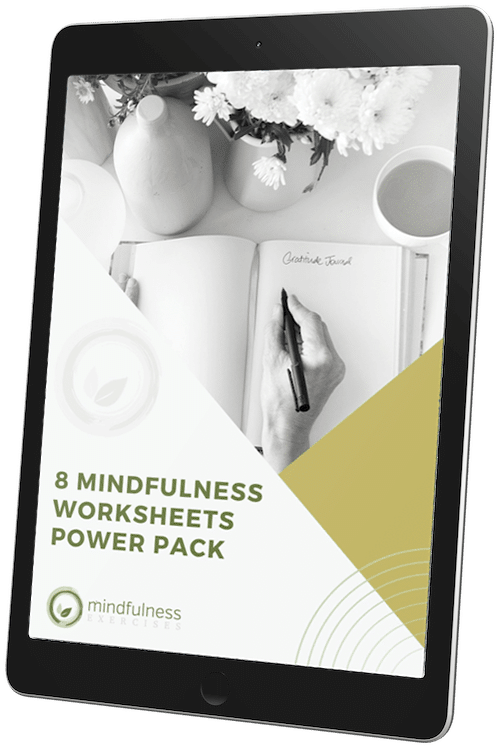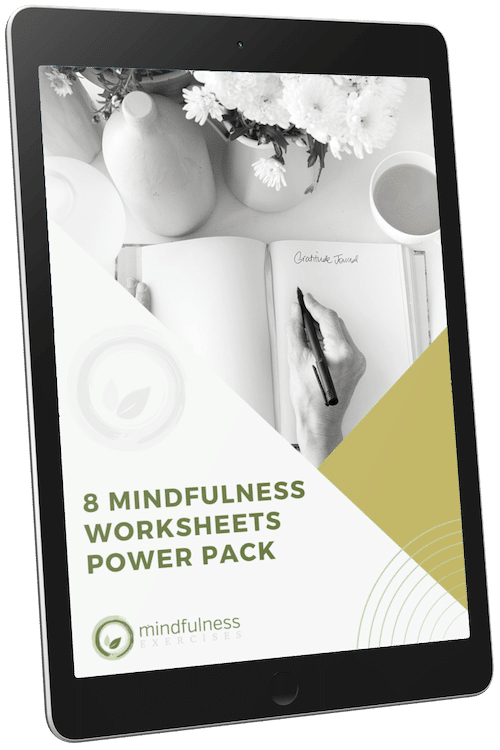Three months into 2020 and it’s evident that this year will be one like no other. Across the globe, fears of the novel coronavirus are spreading quicker than the virus itself. Businesses are closing, borders are firming up, thousands are panic buying, and most of us are being informed to self-isolate. If you’re feeling anxiety, insecurity, and fear at this time, it’s entirely understandable.
However, amidst the very real danger that the coronavirus poses to many, the fear that we are experiencing in both mind and body is doing little for our health and vitality. The fear response, which is certainly beneficial when we’re up against imminent danger, is now in overdrive for many. With a flood of worrisome information and opinions being posted throughout news sources and social media, it is hard to find the peace and ease we deeply yearn for.

The scientific term for it is social contagion – the spread of emotion from one human to another. Understanding this emotional transmission can help us to take calm and collected steps that nourish ourselves and all those we interact with.
Let’s take a closer look at the stress response, uncovering why it might not be fueling our sense of peace and wellness at this time:
None of this needs to be cause for alarm; instead, we can use this information to empower ourselves to be more mindful of our thoughts, concerns, emotions, and the world around us.
Mindfulness Tips for Dealing with COVID-19 and Managing Coronavirus-Related Stress
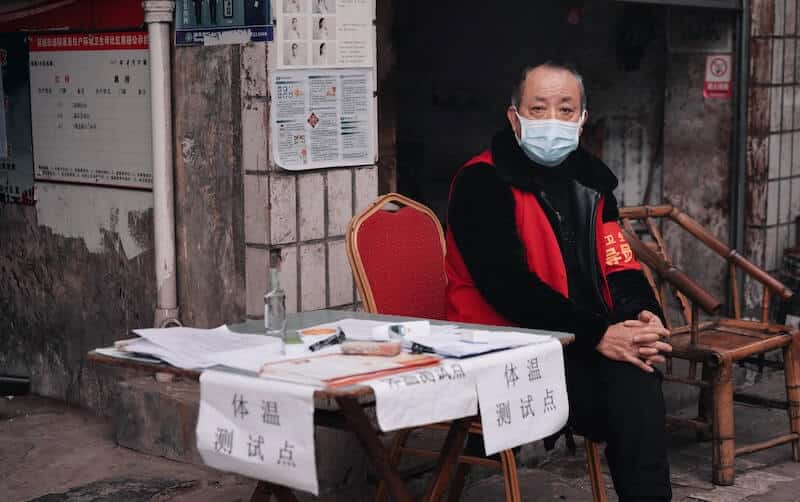
1. Be mindful of time spent reading news and scanning social media.
This is a particularly challenging one for many, especially since many of us are self-isolating and are unsure of what to do with our time. However, see if you can draw increased mindfulness to your time spent online. Take mini pauses to inquire: Is what I am engaging with fueling fear or peace?
2. Consider ways of supporting your community connection.
One thing we can be thankful for during this difficult time is the diversity of ways we can connect with others (yes, the internet and associated technologies are a double-edged sword). Check in with your friends and family members via phone or video calls. Have virtual dinner dates with those you care about. In addition, you can scope out an online community that will support your sense of connection and togetherness at this time.
3. Self-inquire: What opportunities might this time be presenting?
As we all have additional quiet time at home these days, consider what buried passions or curiosities might yearn to be explored. This is a great time for at-home learning, creative expression, and mindful contemplation. Consider any online courses, books, or other resources that can support you.
8 Mindfulness Exercises for a Healthy Coronavirus Mindset
There are plenty of free mindfulness exercises to be explored online. The ones selected here are just a few of the many that can help to ease stress and anxiety and increase your sense of peace, calm, and contentment.
Diaphragmatic breathing (or belly breathing) helps to initiate the body’s relaxation response. This worksheet guides us through a simple belly breathing practice that we can use at any point when stress or anxiety begins to rise.
At a time when most of us are caught up in the movements of the mind, coming back to the body is a powerful practice for restoring our sense of peace and presence. Sean Fargo leads this eight-minute meditation.
In these challenging and uncertain times, softly and subtly envisioning an inner smile spreading through the entire body can help us to rest and reset. This gentle meditation is guided by Tara Brach.
Music has a profound impact on our sense of peace and calm. This track is one of the many that can help to ease any stress we might be carrying, whether before bed, during meditation, or at any other time.
This talk by James Baraz addresses the fear and insecurity we experience during challenging times. Towards the end of the recording, he offers a heartfelt meditation to help us explore the topic on a visceral level.
Another talk to increase mindfulness of what’s happening in mind, body, and the world, Sharon Salzberg explores the notion of balance. This talk encourages a compassionate and curious self-inquiry as we gain insights into how we might gently find greater balance and peace of mind.
Becoming more curious about our emotions helps to deepen our awareness while decreasing our attachment to whatever moves within. This resource takes a closer look at a range of universal emotions, offering steps as to how we might mindfully navigate whatever is present for us.
Last but certainly not least, our embodiment of peace is strengthened when we explore loving kindness for ourselves and everyone that inhabits this earth. Sean Fargo leads this fifteen-minute meditation to deepen our sense of compassion, kindness, and interconnectedness.
If you’d like to take your learning a step further, you might consider the online Mindfulness Mastermind program. Through the program, you’ll gain virtual access to top mindfulness teachers, plus a wealth of other resources to support your holistic wellbeing.









